Keep Britain Working: Why Prevention and Culture Matter More Than Ever
The UK Government’s Keep Britain Working review, released last week, is one of the most significant workplace health reports in recent years. It highlights a growing crisis in workforce wellbeing: over one in five working-age adults are now out of the labour market, with poor health and mental ill-health among the main reasons.
For employers, this means rising absence, early retirements, and lost experience. For individuals, it means reduced income, poorer health and confidence. And for society, it’s costing the UK more than £200 billion a year.
But the message from the report is clear - this crisis is preventable. With the right support, more people can stay in work, recover faster and live healthier, more secure lives.
The Call for Shared Responsibility
“We are proposing a fundamental shift from a model where health at work is largely left to the individual and the NHS, to one where it becomes a shared responsibility between employers, employees and health services”
The review calls for a “new deal” between government, employers and employees, recognising that keeping people healthy and in work can’t fall to the NHS alone.
Employers must take the lead in prevention, employees should stay engaged in their own recovery, and government must incentivise change with better data, policy and support.
Tackling the Culture of Fear
The review identifies a “culture of fear” surrounding health and disability at work - employees worry about stigma or losing their job, while managers fear saying the wrong thing. This silence can turn small challenges into long-term absence.
Wellbeing training for managers is a key part of breaking that pattern. Early, confident conversations make it possible to adapt workloads, provide flexibility and avoid escalation.
It’s this preventative, people-first approach that helps create healthier, more sustainable organisations.
From Patchwork to Prevention
The report also warns that workplace wellbeing remains fragmented - “a random set of explosions” rather than a joined-up system. It proposes a Healthy Working Lifecycle, a national framework that would help organisations embed inclusion, prevention, early intervention and sustainable return-to-work practices.
This mirrors how we work with clients: embedding wellbeing across the employee experience, not treating it as an add-on - and we very much welcome this proposal.
A Moment for Leadership
With sickness absence at a 15-year high and mental ill-health rising sharply, employers now have both an opportunity and responsibility to act. As the report states, “Employers are uniquely placed to do prevention.” By investing in wellbeing skills, culture and confidence, organisations can reduce absence, retain talent and contribute to the wider goal of keeping Britain working.
At Work Well Being, we’re proud to partner with forward-thinking employers who are leading this change - building healthier workplaces where people and performance thrive together.
If you’d like to explore how our training programmes can help your organisation create a healthier, more resilient workplace, get in touch to find out more.



